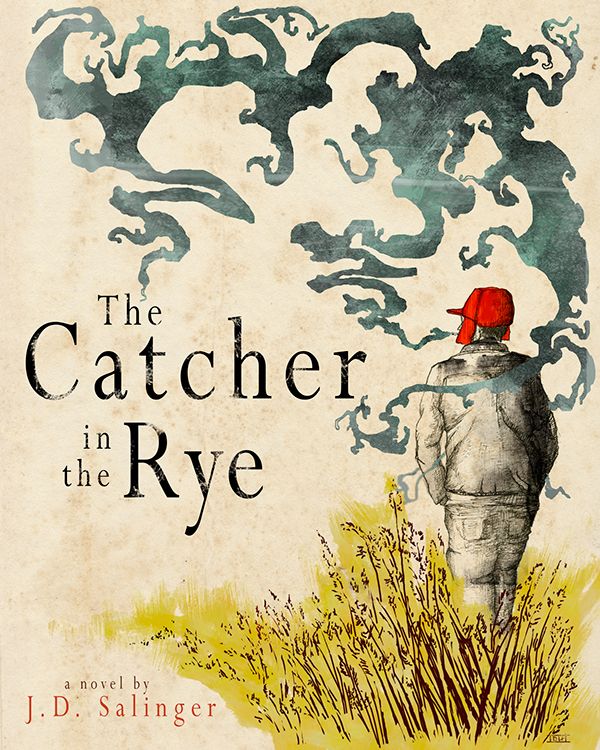A book with an obscure title – “The Catcher in the Rye.” I like the book a lot, to the degree that I have read both the Vietnamese translation and the original English version.
What struck me most about the novel is its strange use of profanity. Unlike typical novels where curse words are restricted only to dialogues, this novel uses curse words even in its narrative voice. Written entirely in the first person, the protagonist uses words like “crap,” “ass,” “hell,” and mostly, “goddamn” to express his frustration with the outside world. This broke my perceptions about the limit of language usage in literature.
The pervasive profanity, however, contributes to making this novel one of the most controversial works of the 20th century. In the 1950s and 1960s, some schools in the US banned it. I wouldn’t guess otherwise, as the story follows a 16-year-old protagonist who despises school, performs poorly academically, and rejects conformity to the educational system.
If I were to comment on the plot of this story, I would say that it is ordinary and nothing surprising. There is nothing that astonishes or amazes me about this story. But that doesn’t make the story any less enjoyable. On the contrary, it makes the story strangely captivating. Because it is very lifelike. It is something that could happen to any teenager in real life. That makes it very relatable and easy for people to imagine and empathize with.
The narrative voice of this work is a shining aspect worthy of recognition and praise. Through the eyes of the main character, he describes everyone he meets with some degree of “phony” or “superficial”, which he utterly despises. He doesn’t hold this feeling to himself but openly talks about it using this brilliant, funny, and sarcastic voice. It feels as if I’m listening to my close friend confided in me with his innermost feelings.
Unlike other main characters who possess a likable personality, the protagonist’s likability probably stems from his relatability. Facing expulsion from school, he is thrown into adulthood when he is not ready for it. Moreover, he hates adulthood due to the perceived phoniness of adults he encounters. His loss of his brother at a young age also leaves a trauma in him. Walking down several blocks with the winter wind blowing into his face, he feels lonely and depressed, as if no one can save him, listen to him, or understand him.
Beneath the surface, the novel delves into the theme of maturity and its impact on teenagers, portraying the most swirling internal battles. Overall, it is not the plot’s uniqueness that impresses me but the casual and genuine narrative voice that makes “The Catcher in the Rye” so distinguishable.
9 out of 10.

Leave a comment